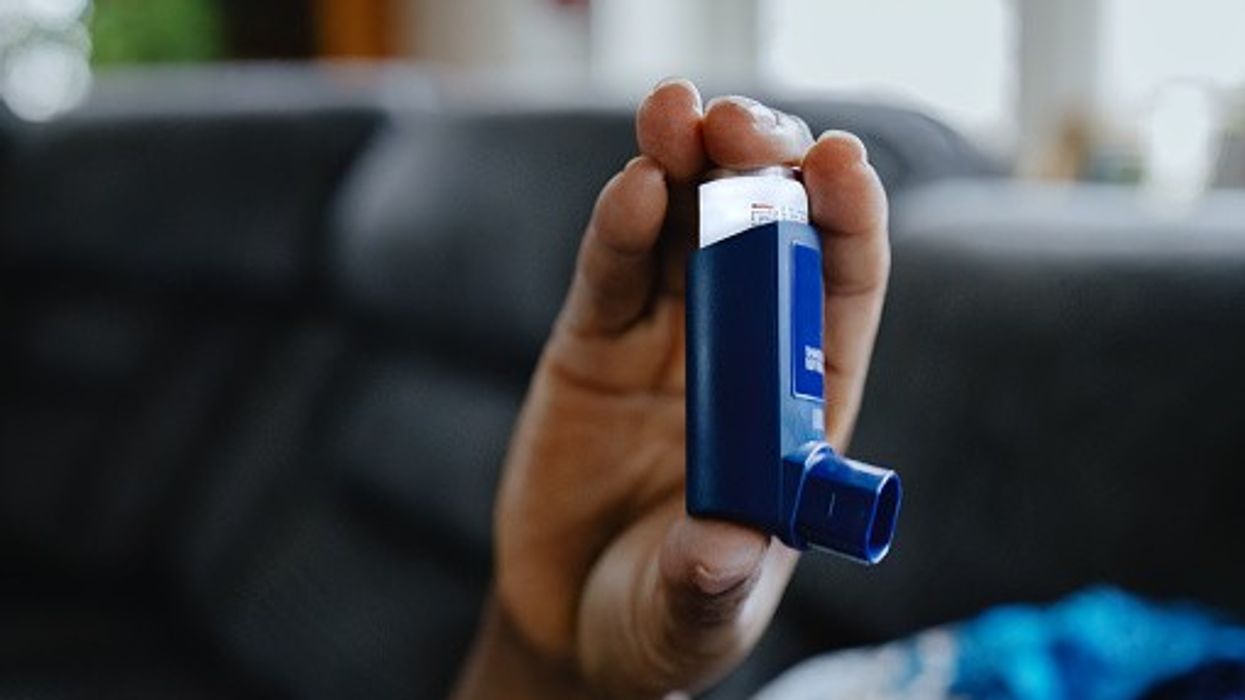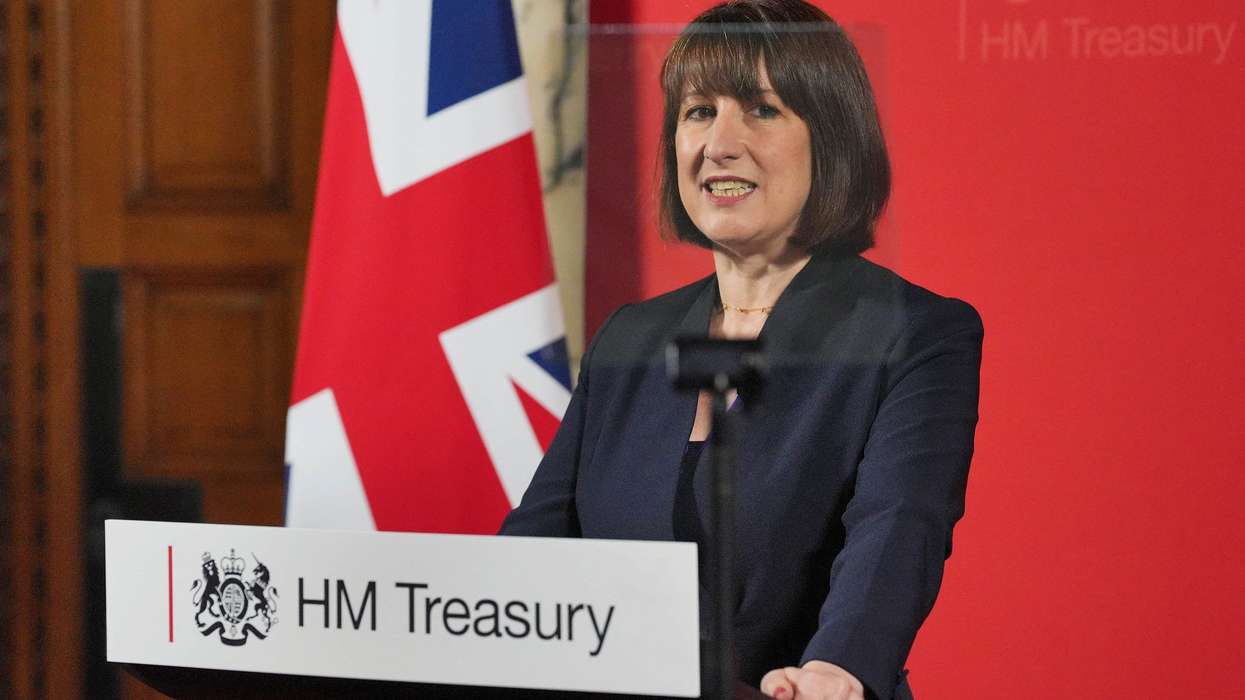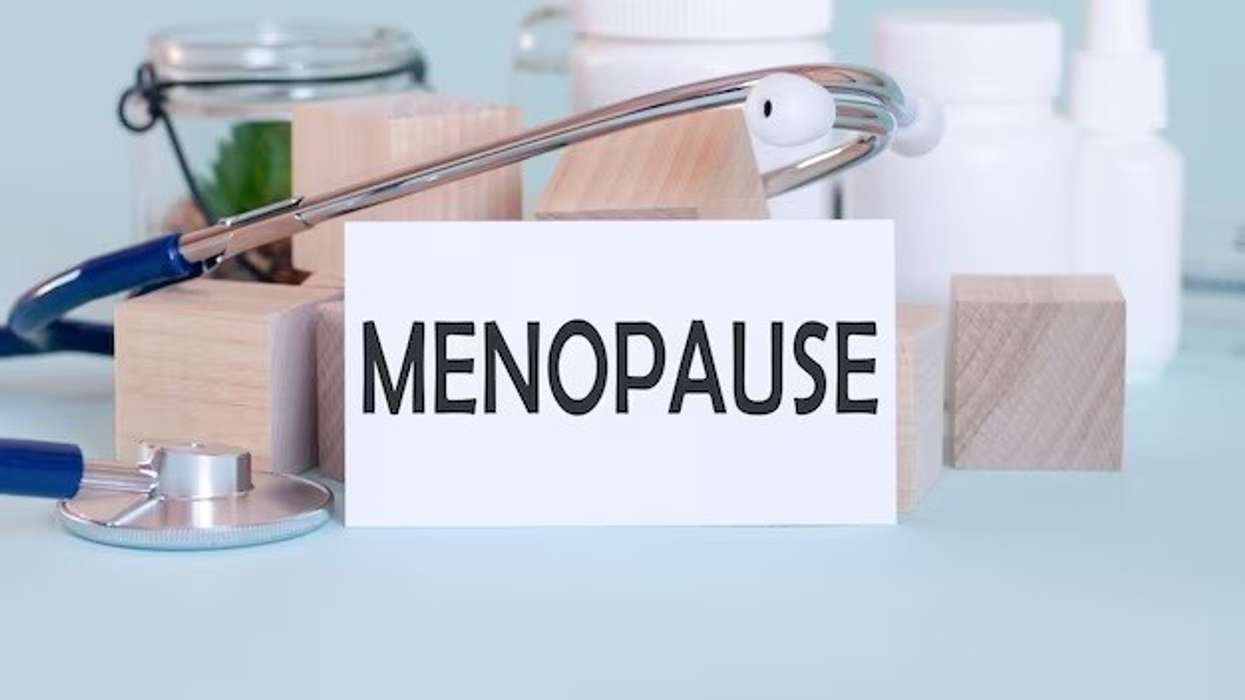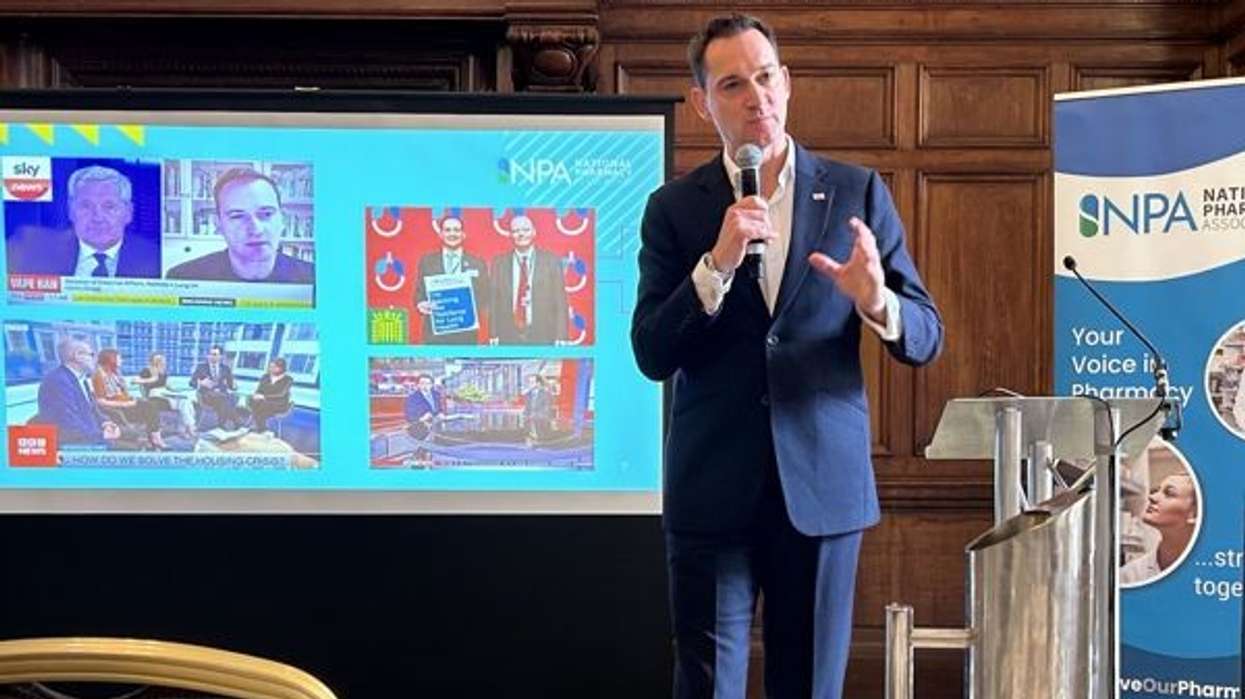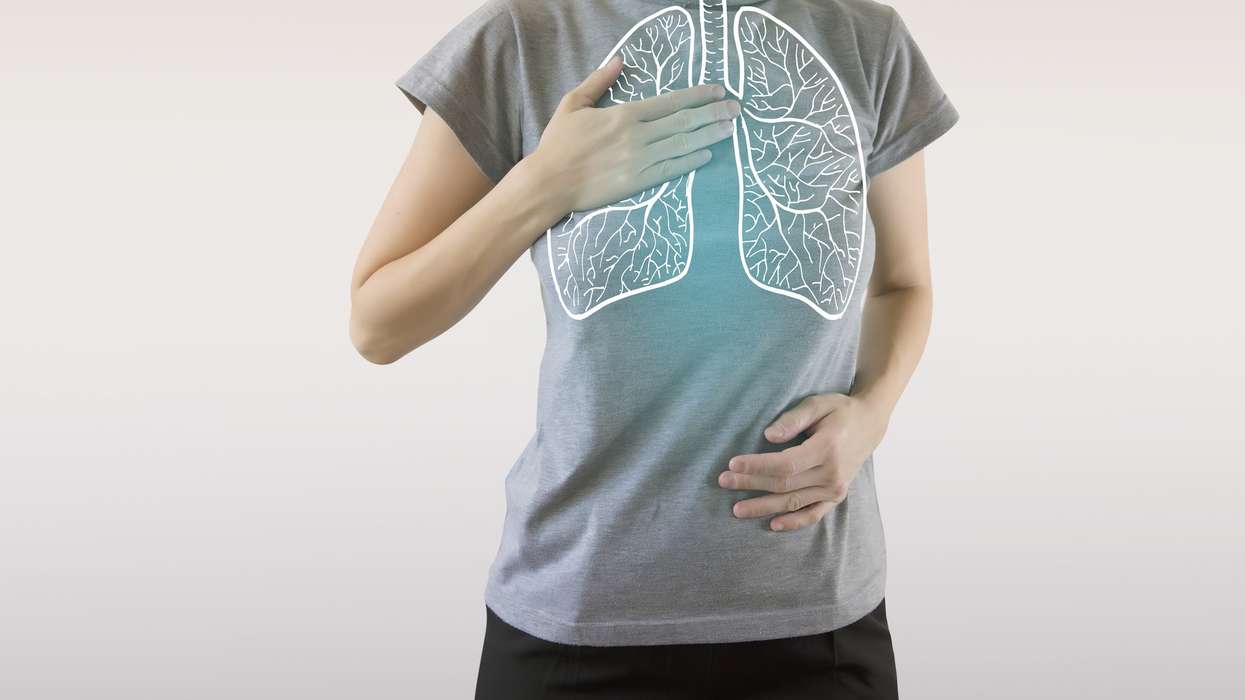Pharmacies in Edinburgh place stickers on dispensing bags to encourage patients to return their used inhalers for sustainable disposal
To reduce greenhouse gas emissions from improperly disposed inhalers, patients are being encouraged to return their used or expired inhalers to designated community pharmacies.
A community pharmacy initiative in NHS Lothian has resulted in an impressive 300 per cent surge in the number of inhalers returned to community pharmacies for sustainable disposal.
The initiative involved placing stickers on dispensing bags, encouraging patients to bring back their used inhalers to the pharmacy.
Between February and May 2024, five community pharmacies in and around Edinburgh participated in this sustainability project and provided data.
The data showed a significant increase in inhaler returns, with 20 inhalers being returned in the two weeks before the stickers were introduced, compared to 80 in the two weeks after the project concluded—a 300 per cent increase over the 10-week period.
Fleming Pharmacy in Liberton, South Edinburgh was one of the community pharmacies which participated in the project.
Simon Gemmell of Fleming Pharmacy underscored the crucial role pharmacists play in reducing medicine waste and working towards achieving net zero.
It is estimated that medicines make up 25 per cent of the NHS carbon footprint.
“As pharmacists we are aware of the impact of medicines on the environment and understand that if we are to reach net zero, we all need to play our part including by reducing medicines waste.
“This project demonstrates that through small initiatives which aren’t time consuming or costly to implement, huge results can be achieved,” he shared with the Royal Pharmaceutical Society (RPS) Scotland.
According to Gemmell, a key part of this initiative was educating people that inhalers cannot be in the same way as other plastics and need to be returned, like all medicines, to a community pharmacy for safe disposal.
He noted that this message was well received by patients.
Gemmell also highlighted that the ability of community pharmacies to continue supporting such initiatives depends on having the appropriate resources to aid delivery.
Katie Johnston, respiratory lead primary care pharmacist from NHS Lothian, pointed out that the environmental impact of inhalers is often overlooked and stressed the vital role community pharmacies play in reducing this impact.
“Lots of people use inhalers and often do not think about the environmental impact these can have.
“Community pharmacies are ideally positioned and essential to support improved respiratory care and help reduce the environmental impact of all medicines,” she told RPS Scotland.
In February 2024, the Integrated Care System (ICS) in South East London (SEL) launched an inhaler recycling project involving 20 community pharmacies across the region.
Backed by NHS England, this project is believed to be the first nationally-funded pilot of its kind in England aimed at reducing greenhouse gas emissions from improperly disposed inhalers.
Launched at King’s College Hospital, the initiative specifically targets the recycling of pressurised metered-dose inhalers.
These inhalers, due to their propellant content, have a substantial environmental impact, emitting gases equivalent to driving 71.8 miles in a typical petrol car.








